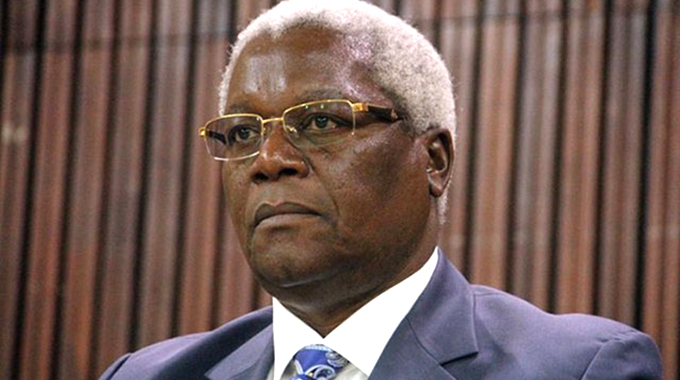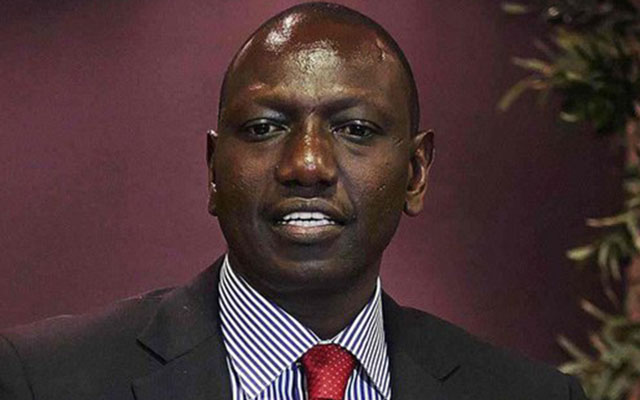150 waste transfer stations boon for recycling industry

Ivan Zhakata Herald Correspondent
So far 150 waste transfer stations have been established across the country to enhance the functioning of the recycling industry, Minister of Environment, Climate, Tourism and Hospitality Industry Mangaliso Ndlovu said yesterday.
Speaking ahead of Africa Environment Day tomorrow, Minister Ndlovu said members of the public can use the waste transfer stations to dispose of separated recyclable material, with everything sorted in advance before disposal, rather than just jumbled together.
He also urged all to take advantage of the stations and use them so as to create a clean, safe and healthy environment.
The theme for this year’s commemoration is “growing the recycling industry for a sustainable economy by 2030” and it recognises the key contribution of the recycling industry and the growth it has exhibited as the nation forges towards embracing the circular economy, which also reduces energy use.
Minister Ndlovu said the theme dovetails with the reduction of land pollution by implementing sustainable waste management strategies such as waste separation at source, material recovery and recycling.
“Zimbabwe’s integrated solid waste management plan indicates that the nation produces an estimated 1,65 million tonnes of waste per annum,” he said.
“Of the volume of waste produced, 90 percent can either be reused, recycled or composted, hence there is need to explore the best options in terms of disposal as we sustain our shift from the linear to the circular economy. The linear economy is based on extraction, consumption and disposal, which apparently has resulted in accumulation of numerous waste streams including hazardous and electronic waste, unsustainable energy consumption and high chemical use which then destroys our ecosystems.
“On the other hand, the circular economy is more resource-efficient and entails maintaining the value of products and materials for as long as possible. A circular economy is therefore one of the current sustainable economic models in which products, and materials are designed so that they can be reused, remanufactured, recycled or recovered and therefore maintained in the economy for as long as possible along with the resources they are made of.”
Minister Ndlovu said resource saving strategies for reuse, repair, remanufacturing and recycling of products and their components were imperative in the circular economy as they enable products to gain a ‘new life’.
He said recycling was a key component in scaling up and replication of the circular economy models.
“Currently, Zimbabwe recycles only 10 percent of its waste, hence the need to support, enhance and improve the capacity of this sector,” Minister Ndlovu said.
“Zimbabwe has 75 established players in the recycling industry, some of whom are involved in recycling, either directly or indirectly. The bulk of the players in the country recycle plastic, low density polyethylene and high density polyethylene as well as scrap metal.
“A few companies recycle polyethylene terephthalate (PET), paper and beverage cans. Recycling is mainly concentrated in Harare and other cities. Some companies export raw form of waste, chips and pellets to countries such as South Africa and China.”









Comments